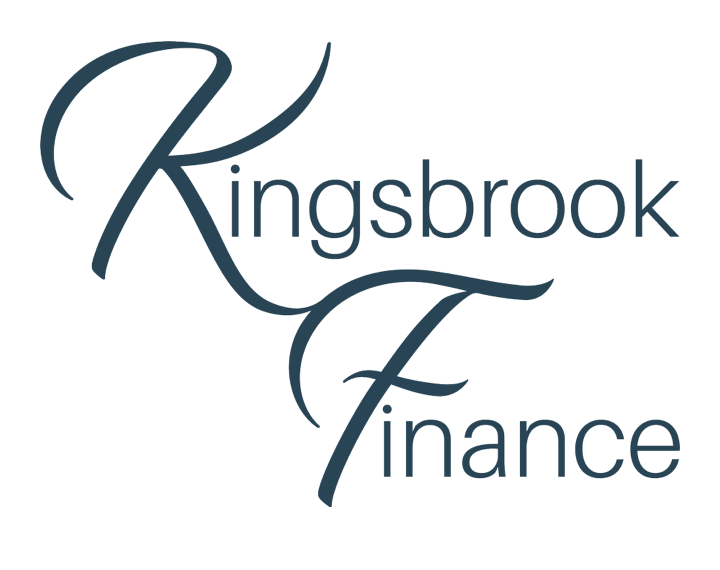
Wills & Trusts
Secure Their Future. Leave Things As You Wish
Why Make a Will?
For Married Couples
If you do not have a Will, then the Government will decide what happens to your estate when you die. All of your estate will not necessarily pass to your spouse.
The Government have strict guidelines when deciding who will benefit from your estate, which can include children, grandchildren, surviving parents, brothers and sisters depending on your circumstances. Broadly speaking, same sex partners in Civil Partnership have the same rights as a married couple.
For Parents
It’s important to think about who would care for your children if you were no longer here. This is especially crucial for single-parent families or unmarried couples.
By naming a legal guardian in your Will, you ensure your wishes are known and followed. Without this, the decision could be left to the courts, who may choose someone you wouldn’t have intended.
For Un-married Couples
If you're not legally married, you may be treated as a single person under the law, meaning your partner may not automatically inherit anything. Creating a Will in this situation can help prevent disputes and uncertainty, ensuring your loved ones are protected during an already difficult time.
What is a Lasting Power of Attorney?
You may already understand the importance of having a Will, but have you considered what would happen if you became mentally unwell or incapble to manage your own affairs?
A Lasting Power of Attorney (LPA) is a legal document that lets you appoint someone you trust (usually a spouse or child) to make decisions on your behalf if you lose the ability to do so due to illness, injury, or loss of mental capacity.
Your chosen attorney can act when you’re no longer able or no longer want to make decisions yourself.
Types of Lasting Power of Attorney
A Health and Welfare Lasting Power of Attorney allows someone you trust to make decisions about your care and wellbeing if you lose the mental capacity to make those decisions yourself.
Lasting Power of Attorney
Health and Welfare
Property and Financial Affairs
As a Property and Financial Affairs Attorney, you’re responsible for making or supporting the donor in making decisions related to their finances. This can include managing money, paying bills, handling property and investments, and overseeing other day-to-day financial matters.
Lasting Power of Attorney
What is a Trust?
A Trust is simply a legal relationship created when one person is given property / assets to hold for the benefit of another.
The 3 type of people involved in a Trust
The Settlor
The person who establishes the trust and provides the trust property/assets.
The Beneficiary
The individual or group of people (for example, all children) who are entitled to receive benefits from the trust’s property or assets.
The Trustees
A person or people who hold the trust property/assets under the terms of the trust for the benefit of the beneficiary or beneficiaries.
The Different Type of Trusts
A Trust is a smart way to protect and manage your assets for the future.
It allows you to appoint someone you trust to look after your property, money, or other assets on behalf of your chosen beneficiaries.
Whether you want to provide for loved ones, protect your estate, or simply have more control over your financial legacy, a trust offers flexibility, security, and peace of mind.
-
Everyone wants to protect what they've worked hard for and ensure it benefits the people they care about most. It’s natural to want the best for your children and loved ones, and many people create a Will to pass on their assets after they’re gone.
However, a Will only covers what you own at the time of your death. If your assets are reduced during your lifetime through care costs, financial pressures, or other liabilities - there may be little left to pass on.
That’s where a Lifetime Asset Trust comes in. These trusts are designed to safeguard your assets while you're alive, giving you control and peace of mind. They help ensure your estate is preserved and passed on securely to your spouse, children, or chosen beneficiaries - protecting your legacy for future generations.
-
A Protective Property Trust is designed to give someone the right to live in a property and benefit from any income it generates, while safeguarding the property's value for your chosen beneficiaries in the future. The person granted these rights is called the Life Tenant.
This type of trust is often used in Wills by couples who co-own a home and want to make sure the surviving partner can continue living in the property, while ensuring that the value of the home is ultimately passed on to children or other beneficiaries.
-
This is a fixed interest trust that allows a Life Tenant to live in the property held within the trust - usually until they pass away, remarry, begin cohabiting, or choose to move out.
-
A Disabled Discretionary Trust is a special type of discretionary trust designed specifically to provide financial support for a disabled person without affecting their entitlement to government benefits.
The Trustee has the discretion to decide how and when to use the Trust’s assets to support the disabled beneficiary’s needs, but does not have any right to the income from the Trust.
It ensures long-term financial security for a disabled loved one, providing ongoing care even after the settlor has passed away.
Have you made your Will — is it still up to date?
How We Can Help You
Kingsbrook Finance
Get in touch today to book an appointment with our Will Writer - available in the comfort of your own home.
Our Will consultations are free and come with no obligation
Please note: Wills ,Trusts and Powers of Attorney are not regulated by the Financial Conduct Authority.








